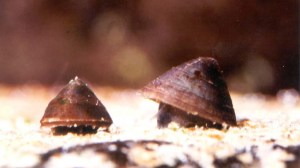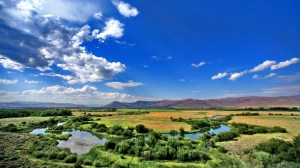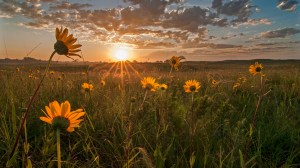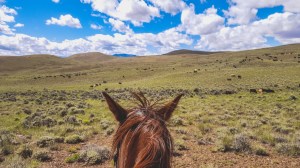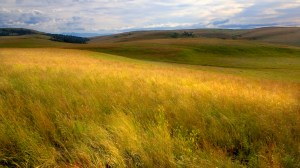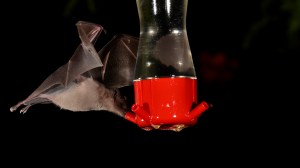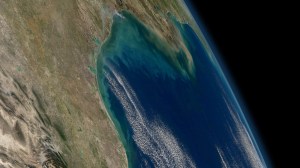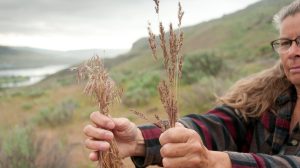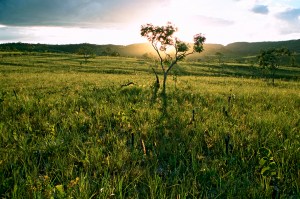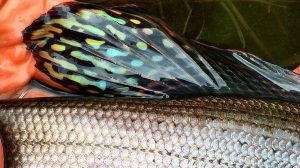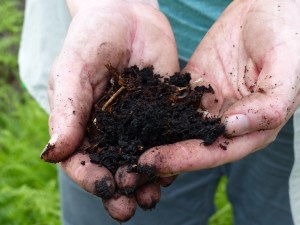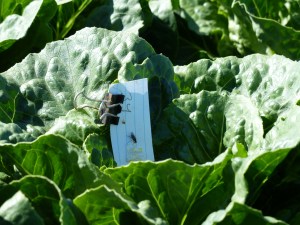Discover stories in Agriculture
Secret Snails of the Magic Valley
In the isolated, crystal-clear waters of Idaho’s Thousand Springs region live species found nowhere else on earth.
Recovery: Ranching Gone Right
Ted Williams looks at ranchers restoring grasslands, repairing watersheds, reconnecting rivers and maintaining wildlife corridors.
Recovery: Prairie Reprise
Hope on the prairie: conservation and restoration chart a brighter future for North America’s grasslands.
Can Ancient Herding Traditions Help Cattle Coexist with Wolves and Sage Grouse?
On the Central Idaho range, a rancher looks to ancient herding traditions to help coexist with wolves, sage grouse and native fish. But challenges abound.
Space Cowboys: A New Generation of Prairie Keepers
How many cows can you graze and maintain a healthy prairie? Satellites & scientists find solutions that improve habitat and maintain ranching livelihoods.
Recovery: Bats with Your Tequila
The first bat to be delisted by the Endangered Species Act also performs a vital ecosystem service: helping with a vital ingredient in your margarita.
Dead Zone Redemption
The Nature Conservancy is working with partners to reduce the amount of nutrients entering the Mississippi River Basin by 20 percent by 2025.
Attacking Invasive Cheatgrass at Its Root
Not much can stop cheatgrass from spreading. That's why scientists are turning to a solution in the soil, a microbe that inhibits the growth of cheatgrass roots, giving native plants a chance to return.
Scaling-Up Agricultural Planning for Conservation in the Brazilian Cerrado
Nature Conservancy scientists have found that landscape-scale impact mitigation in Brazil offers significant benefits for conservation, without adding substantial cost increases for commercial agricultural producers.
Recovery: Saving Grayling With a Carrot and Stick
The stunning native fish known as grayling has struggled in Montana. But a juggernaut of agencies, conservation organizations and ranchers is making a difference.
A Dirty Solution to Cleaning the Atmosphere
Soils have twice as much carbon as the atmosphere. Which means there’s a lot of interest in figuring out if soil can hold even more carbon—to help fight climate change.
Nature Doesn’t Hurt Farmers, It Helps
If removing habitat from farms doesn’t improve food safety, are other practices equally as ineffective, or worse, potentially damaging to farmers? A new study says yes.
